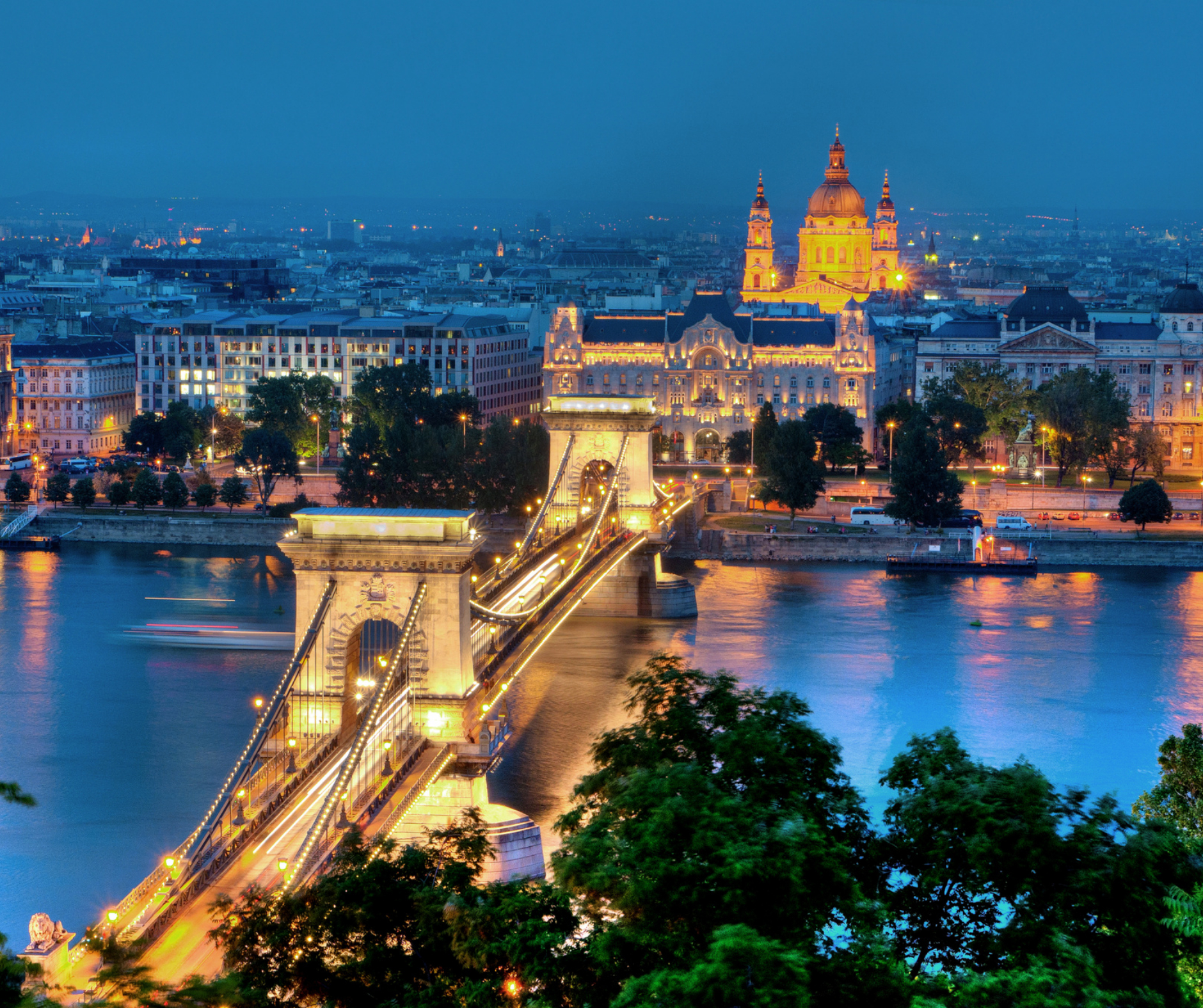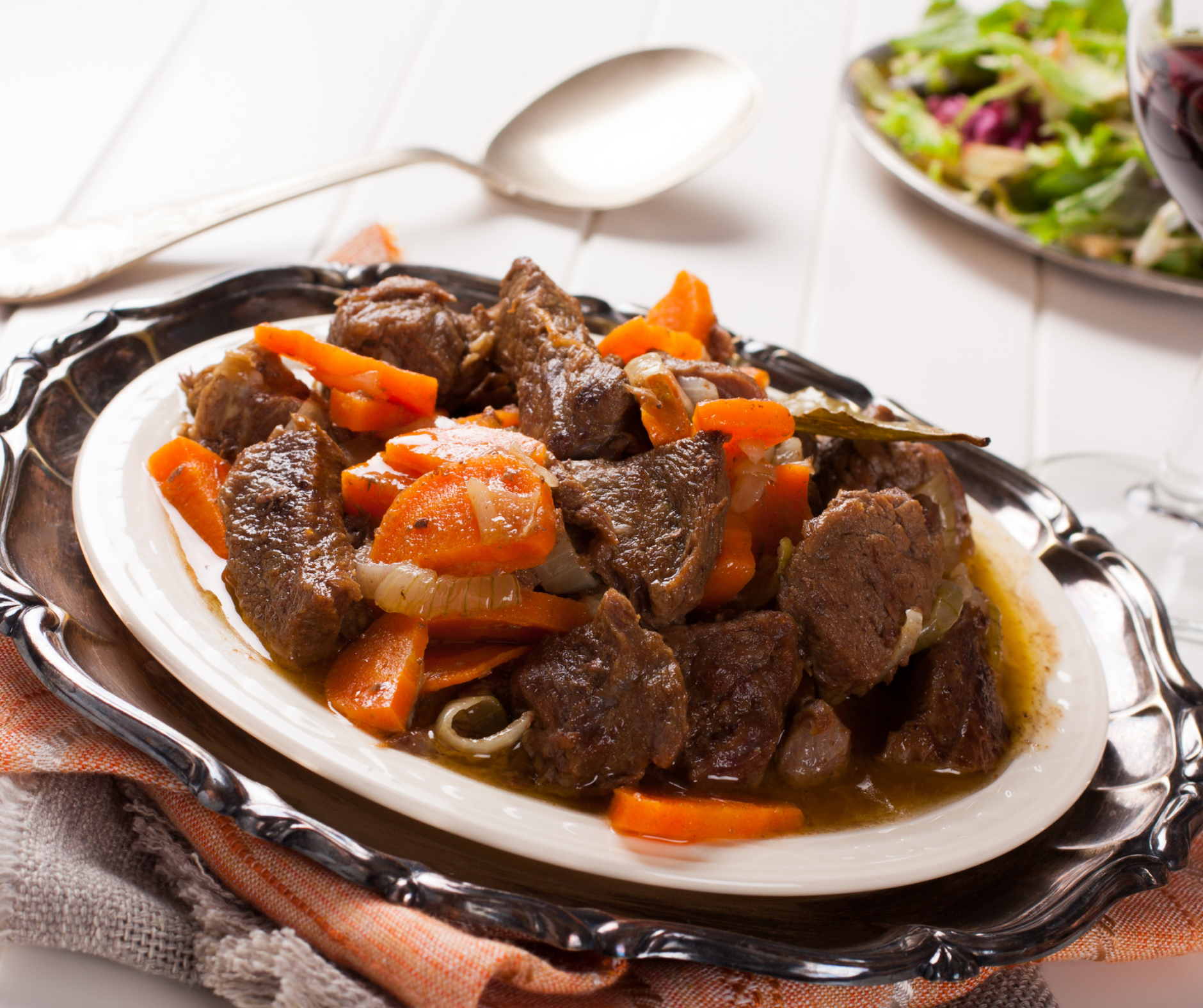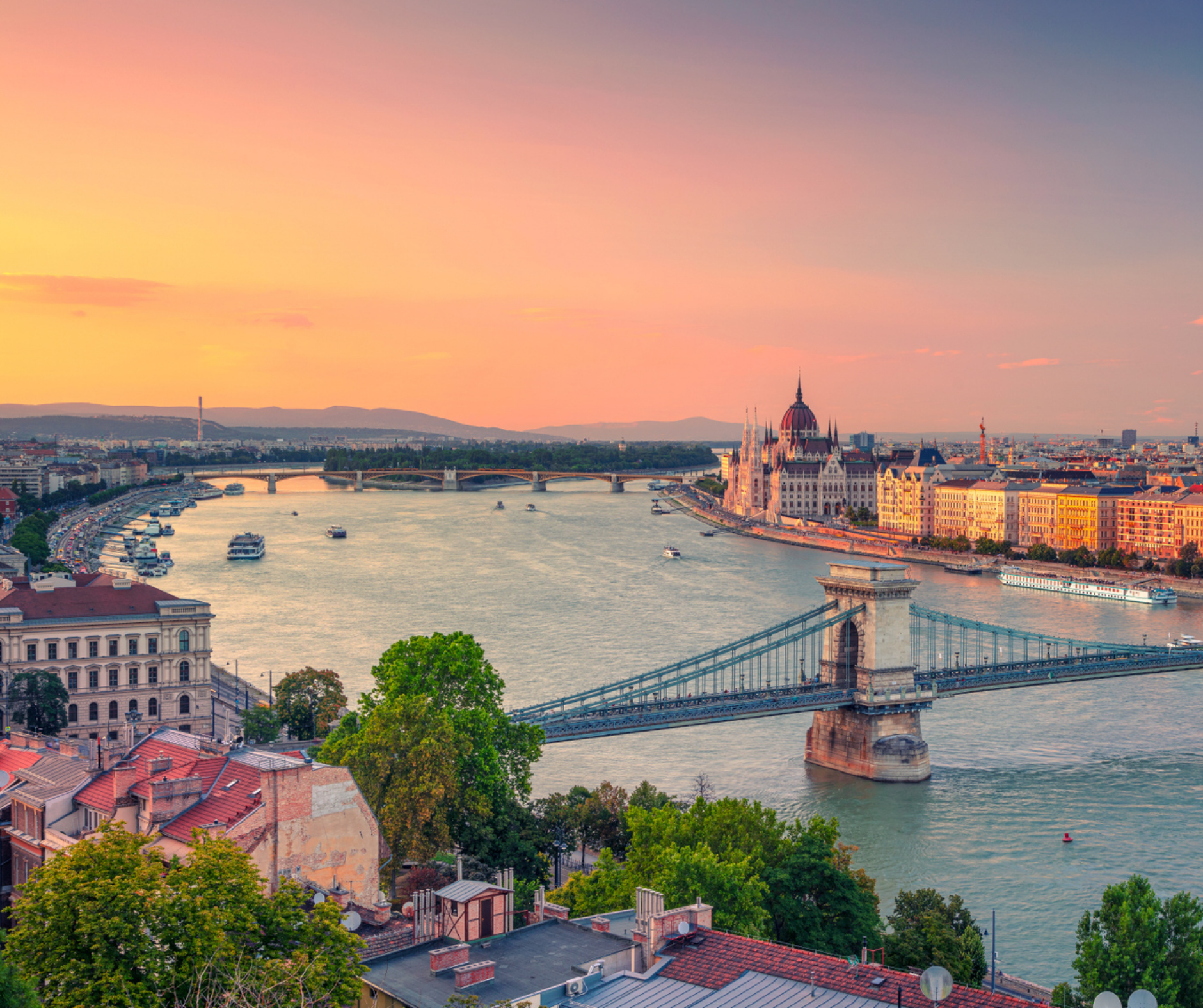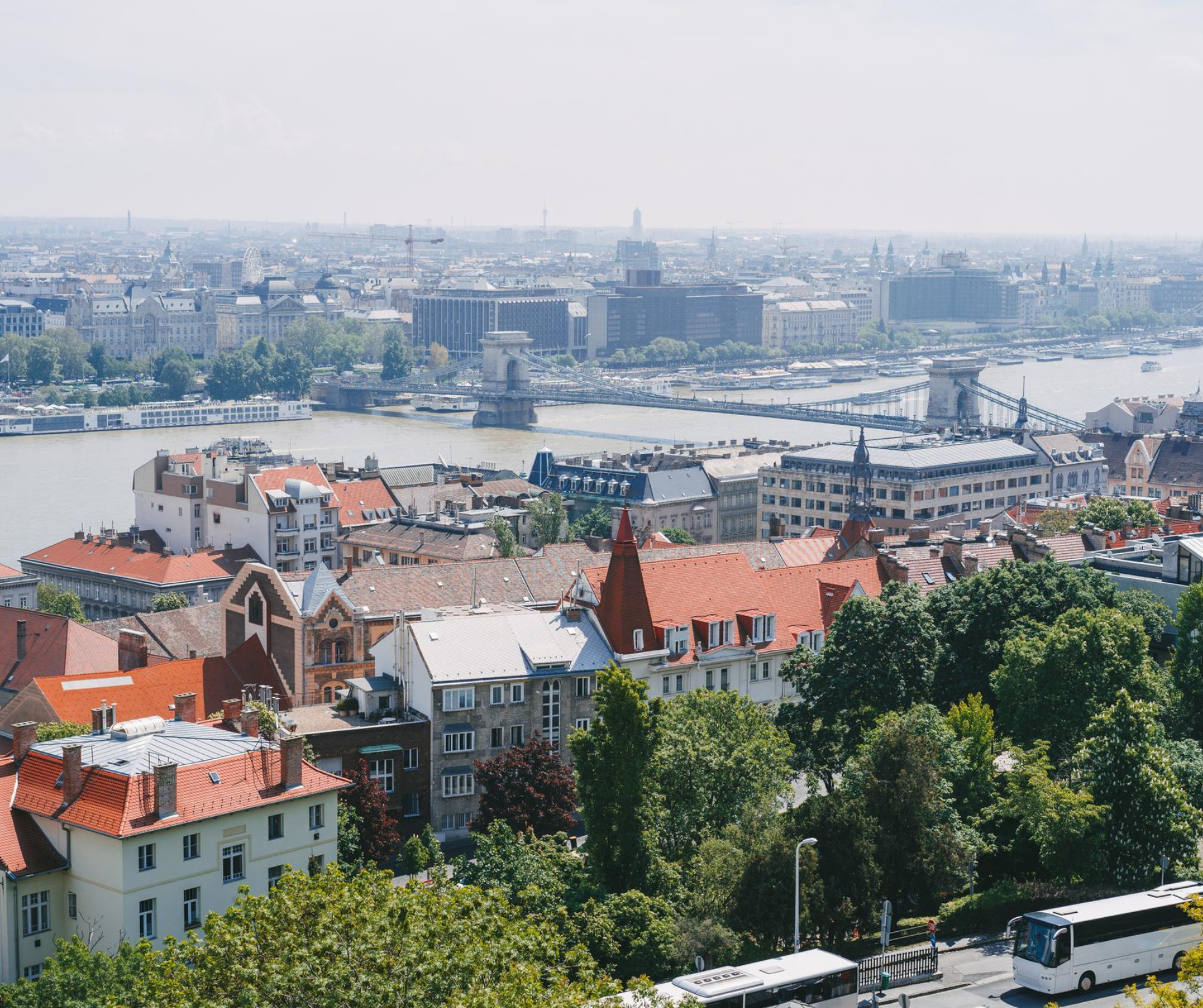Hungary is known as the “Land of Magyars”. Hungarian language is not a part of European language so linguistically Hungary at times felt isolated through much of their history. This may be the reason why after Christianization they became attached to Latin, which was the language of culture, scholarship, and state administration—and even the language of the Hungarian nobility until 1844.
The city of romance and beautiful architecture in Europe
Today, Hungary is wholly Budapest-concentrated. The capital dominates the country both by the size of its population as well as by the concentration within its borders of most of the country’s scientific, scholarly, and artistic institutions. Budapest is situated on both banks of the Danube River, a few miles downstream from the Danube Bend. It is a magnificent city and is being compared with the great pantheon of European capitals. Budapest has been an anchor of Hungarian culture since its inception.

Culture and Social Life
The culture of Hungary is a result of the diverse mix of genuine Hungarian peasant culture and the cosmopolitan culture of an influential German and Jewish urban population. The coffeehouses often serve as meeting places for intellectuals; and the music of the Gypsies also has a significant impact. Theatre, opera, and literature in particular played crucial roles in the development of its nation. Poets and writers, especially in crisis situations, became national heroes and prophets.
“Hot” Cuisine
Hungary’s most traditional cultural element is its cuisine. Hungarian food is very rich, and red meat is frequently used as an ingredient. Goulash, bean soup with smoked meat, and beef stew are national dishes. The most distinctive element of Hungarian cuisine is paprika, a spice made from the pods of chili peppers (Capsicum annuum). Paprika is not native to Hungary but it is a fixture on most dining tables in Hungary. Among Hungary’s spicy dishes are halászlé, a fish soup, and lecsó, made with hot paprika, tomato, and sausage. Homemade fruit brandies are quite popular. Before World War II, Hungary was a wine-drinking country, but beer has become increasingly prevalent.

The Capital of Natural Hot Springs
Budapest is known as the capital of Spa, with over 100 hot springs and jacuzzis. Spa areas in Budapest have different shapes and architectures, from modern spas to traditional ones, where you can enjoy an excellent relaxation space and pamper your body. If you want to experience something truly amazing, try bathing in mineral water and a massage to follow.

The most important thing for your trip to Eastern Europe is to be prepared for new experiences in a newland and ready to discover exciting things about Hungary’s culture and history. Enjoy every moment of your trip and let Hungary become an unforgettable experience and memories that last a lifetime. Check out AV Travel tour to Poland here: https://avtravel.com/tour/eastern-europe/

